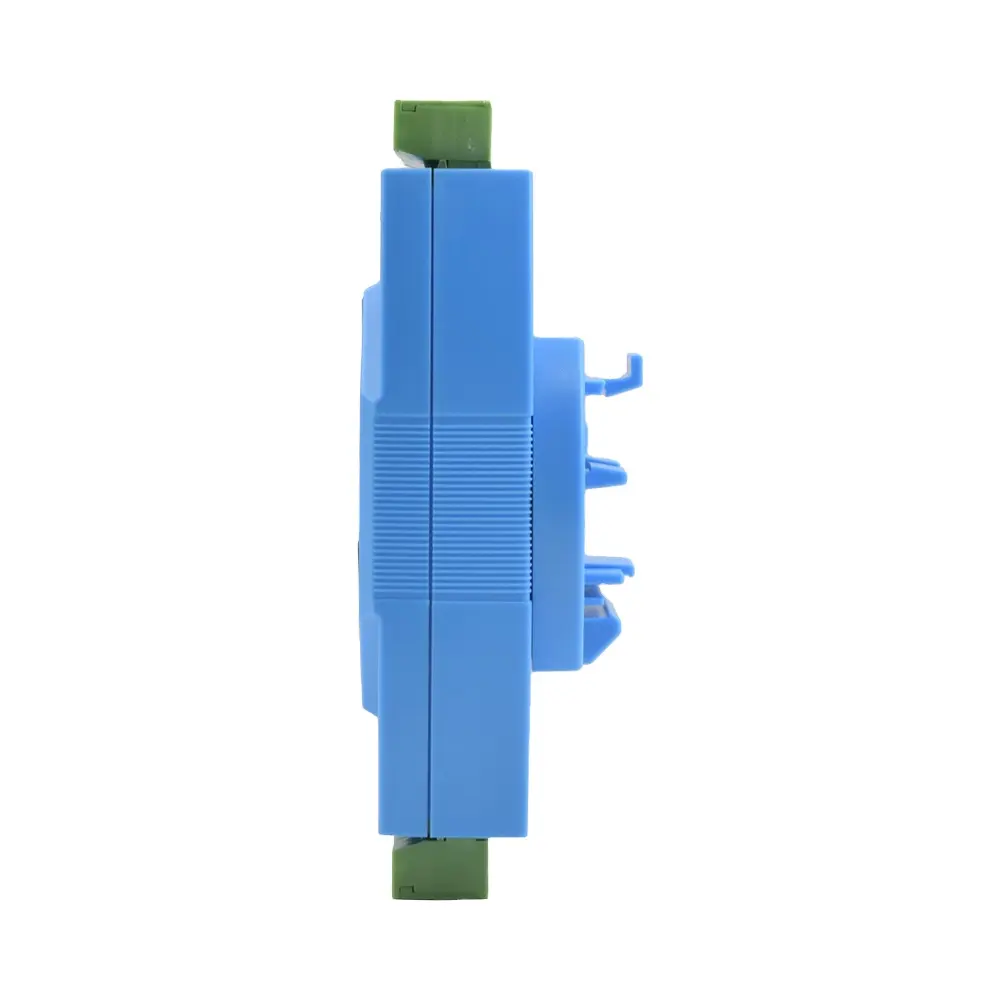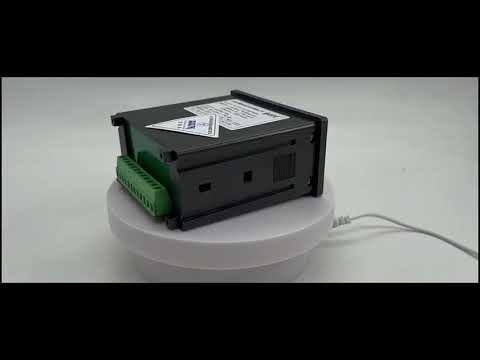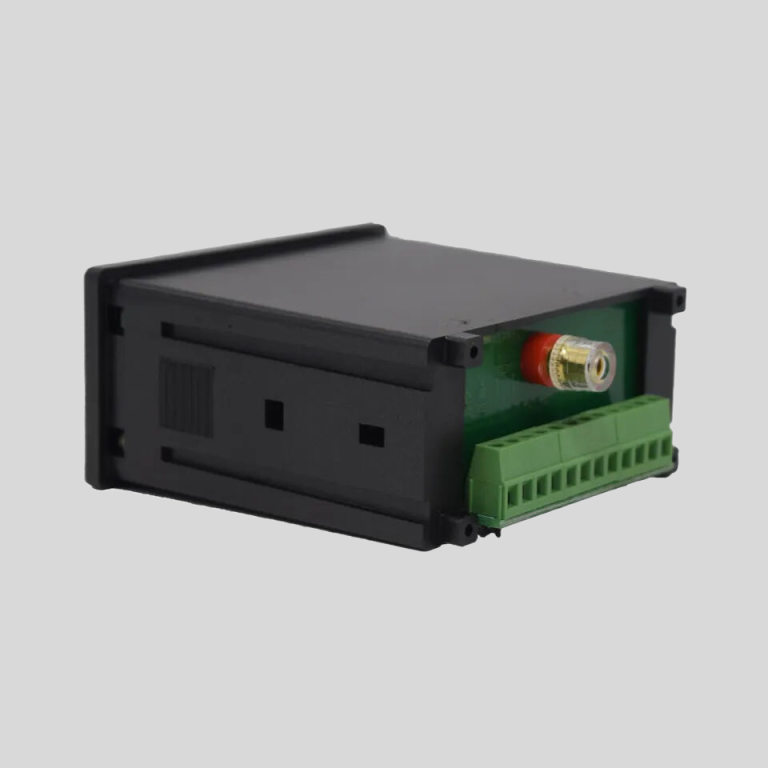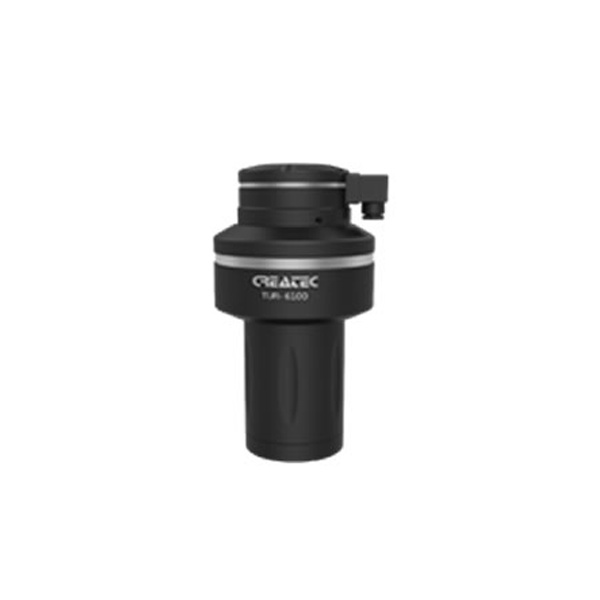Table of Contents
Importance of Regular Water Quality Testing for Irrigation Systems
Water quality testing is a crucial aspect of maintaining a healthy and productive irrigation system. The quality of water used for irrigation can have a significant impact on crop yield, soil health, and overall plant growth. Regular testing of water sources ensures that any potential contaminants or issues are identified and addressed promptly, helping to prevent damage to crops and soil.
One of the primary reasons why water quality testing is essential for irrigation systems is to ensure that the water being used is safe for plants. Water that is contaminated with harmful substances such as heavy metals, pesticides, or pathogens can have detrimental effects on plant health and growth. By regularly testing water sources, farmers can identify any potential contaminants and take appropriate measures to mitigate their impact on crops.
In addition to ensuring the safety of water for plants, regular water quality testing also helps to protect soil health. Contaminated water can introduce harmful substances into the soil, which can disrupt the balance of nutrients and microorganisms essential for plant growth. By testing water sources regularly, farmers can prevent soil contamination and maintain a healthy growing environment for their crops.
Another important reason for regular water quality testing in irrigation systems is to optimize water usage. Water that is high in salts or other contaminants can lead to soil salinity, which can hinder plant growth and reduce crop yield. By testing water quality regularly, farmers can identify any issues with water composition and make adjustments to ensure that crops receive the proper nutrients and hydration they need to thrive.

Furthermore, regular water quality testing can help farmers identify potential problems with their irrigation systems. Issues such as clogged filters, leaks, or inadequate water pressure can impact the efficiency of irrigation systems and lead to uneven watering or water wastage. By monitoring water quality, farmers can detect these issues early on and make necessary repairs or adjustments to ensure that water is being distributed evenly and efficiently across their fields.
Overall, regular water quality testing is essential for maintaining a healthy and productive irrigation system. By ensuring that water is safe for plants, protecting soil health, optimizing water usage, and identifying potential system issues, farmers can maximize crop yield and minimize the risk of damage to their crops and soil. Investing in water quality testing is a proactive measure that can help farmers achieve sustainable and successful agricultural practices.
Common Methods and Technologies for Water Quality Testing in Agriculture
Water quality testing is a crucial aspect of agriculture, especially when it comes to irrigation. The quality of water used for irrigation can have a significant impact on crop health and yield. Poor water quality can lead to nutrient deficiencies, soil salinity, and even crop failure. Therefore, it is essential for farmers to regularly test the water they use for irrigation to ensure that it meets the necessary standards.
| Model | EC-510 Intelligent conductivity meter |
| Range | 0-200/2000/4000/10000uS/cm |
| 0-18.25M\u03a9 | |
| Accuracy | 1.5%(FS) |
| Temp. Comp. | Automatic temperature compensation |
| Oper. Temp. | Normal 0\uff5e50\u2103; High temp 0\uff5e120\u2103 |
| Sensor | C=0.01/0.02/0.1/1.0/10.0cm-1 |
| Display | LCD Screen |
| Communication | 4-20mA output/2-10V/1-5V/RS485 |
| Output | High/Low limit dual relay control |
| Power | AC 220V\u00b110% 50/60Hz or AC 110V\u00b110% 50/60Hz or DC24V/0.5A |
| Working Environment | Ambient temperature:0\uff5e50\u2103 |
| Relative humidity\u226485% | |
| Dimensions | 48\u00d796\u00d7100mm(H\u00d7W\u00d7L) |
| Hole Size | 45\u00d792mm(H\u00d7W) |
| Installation Mode | Embedded |
There are several common methods and technologies available for water quality testing in agriculture. One of the most widely used methods is the use of test strips. Test strips are small, disposable strips that change color in the presence of certain contaminants. Farmers can simply dip the test strip into a water sample and compare the color change to a color chart to determine the levels of contaminants present in the water.
Another common method of water quality testing is the use of portable water quality meters. These meters are handheld devices that can measure various parameters such as pH, conductivity, and dissolved oxygen in water samples. Portable water quality meters are easy to use and provide accurate and reliable results, making them a popular choice among farmers.
In addition to test strips and portable water quality meters, farmers can also use laboratory testing services to analyze water samples. These services typically involve sending water samples to a certified laboratory for analysis. Laboratory testing can provide more detailed and comprehensive information about the quality of water, including the presence of specific contaminants and their concentrations.
Advancements in technology have also led to the development of automated water quality monitoring systems. These systems use sensors to continuously monitor water quality parameters in real-time. Farmers can access the data collected by these systems remotely through a computer or mobile device, allowing them to make informed decisions about irrigation management.
Transitioning from traditional water quality testing methods to more advanced technologies can offer several benefits to farmers. Automated monitoring systems, for example, can provide real-time data on water quality, allowing farmers to detect and address issues promptly. This can help prevent crop damage and reduce the risk of yield losses.
Furthermore, advanced water quality testing technologies can help farmers optimize their irrigation practices. By monitoring water quality parameters such as pH and conductivity, farmers can adjust their irrigation schedules and nutrient applications to ensure optimal crop growth. This can lead to higher yields and improved crop quality.
In conclusion, water quality testing is essential for ensuring the success of irrigation in agriculture. There are several common methods and technologies available for testing water quality, ranging from simple test strips to advanced automated monitoring systems. By regularly testing the water used for irrigation and using the information obtained to make informed decisions, farmers can improve crop health and yield. Investing in water quality testing can ultimately lead to more sustainable and profitable agricultural practices.





